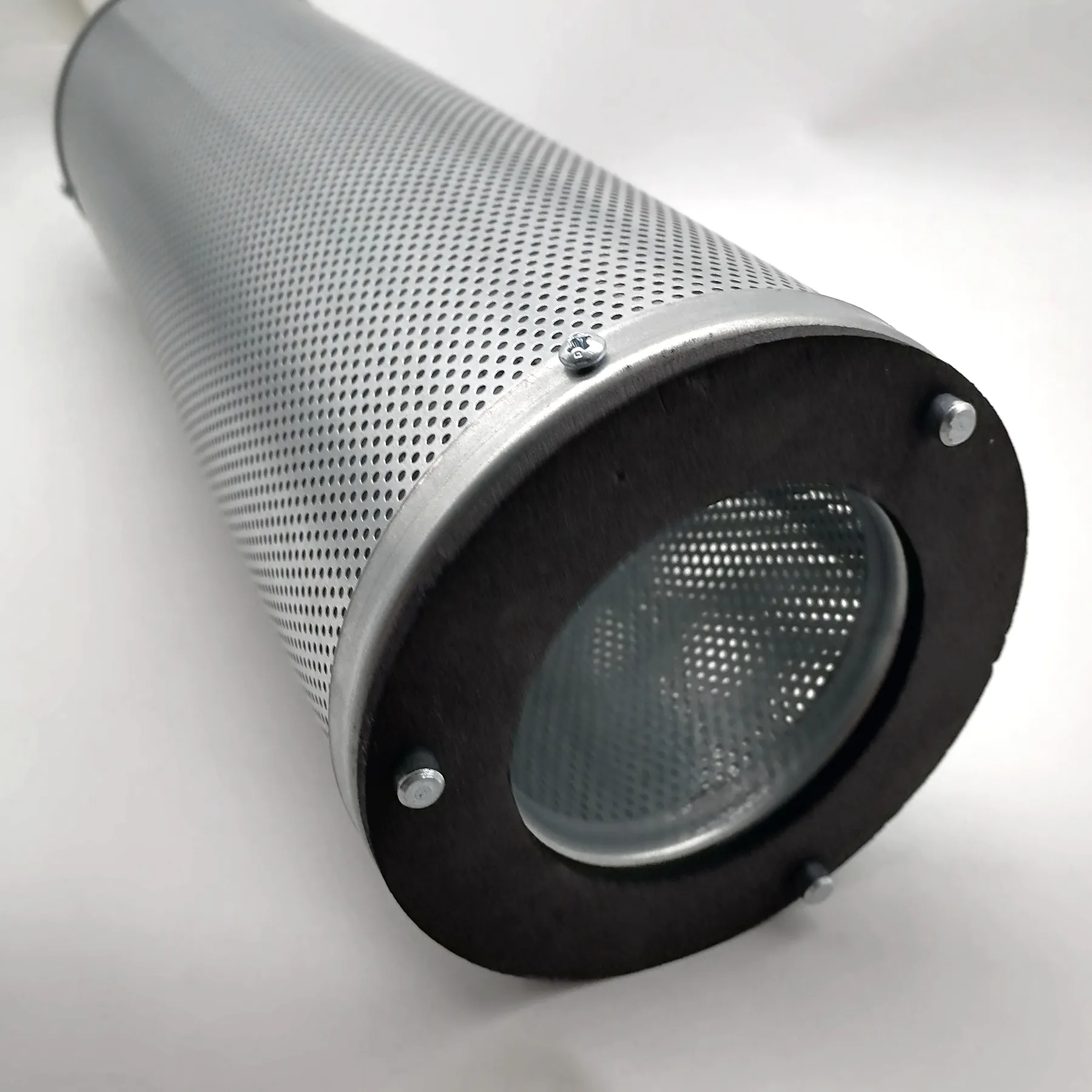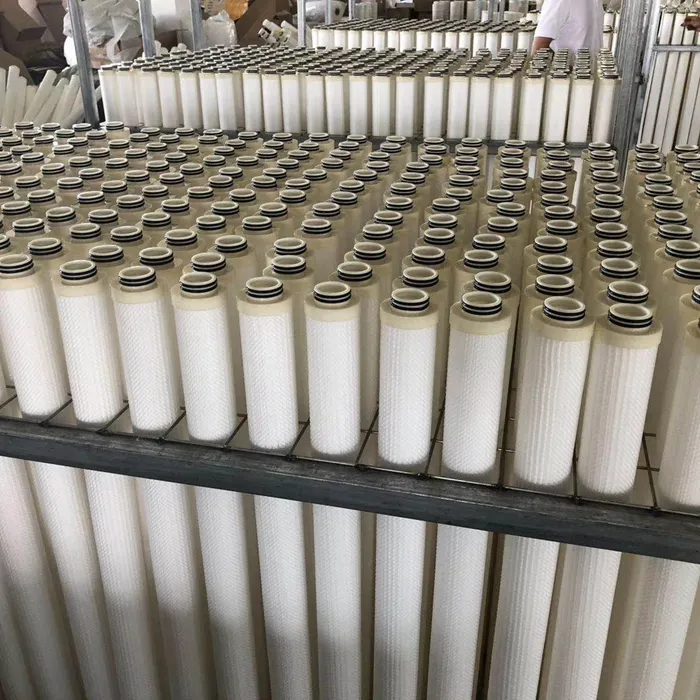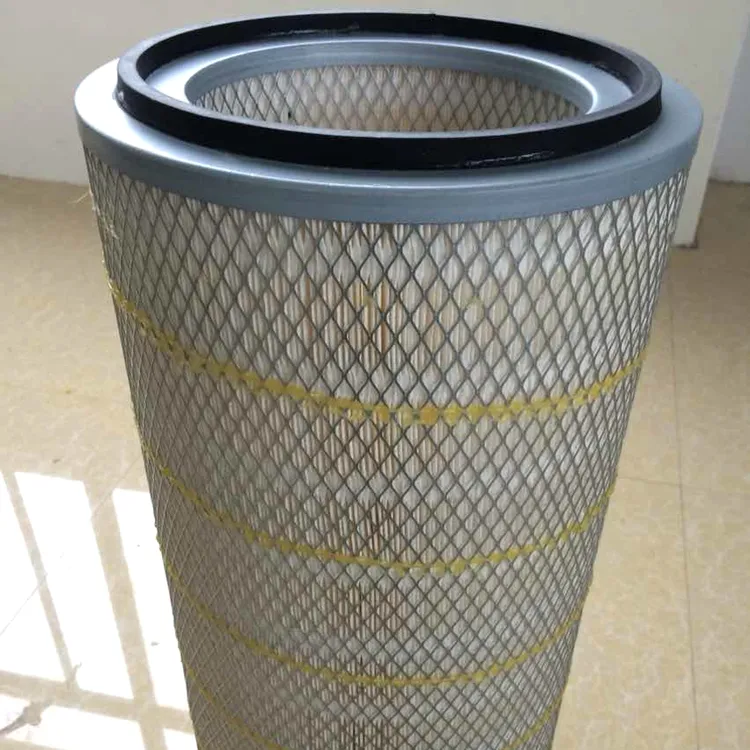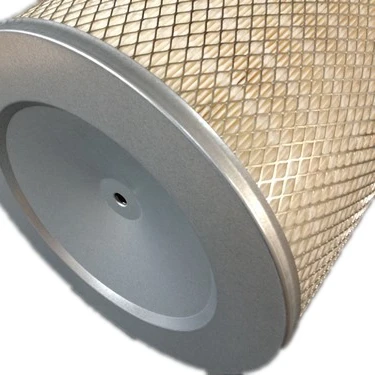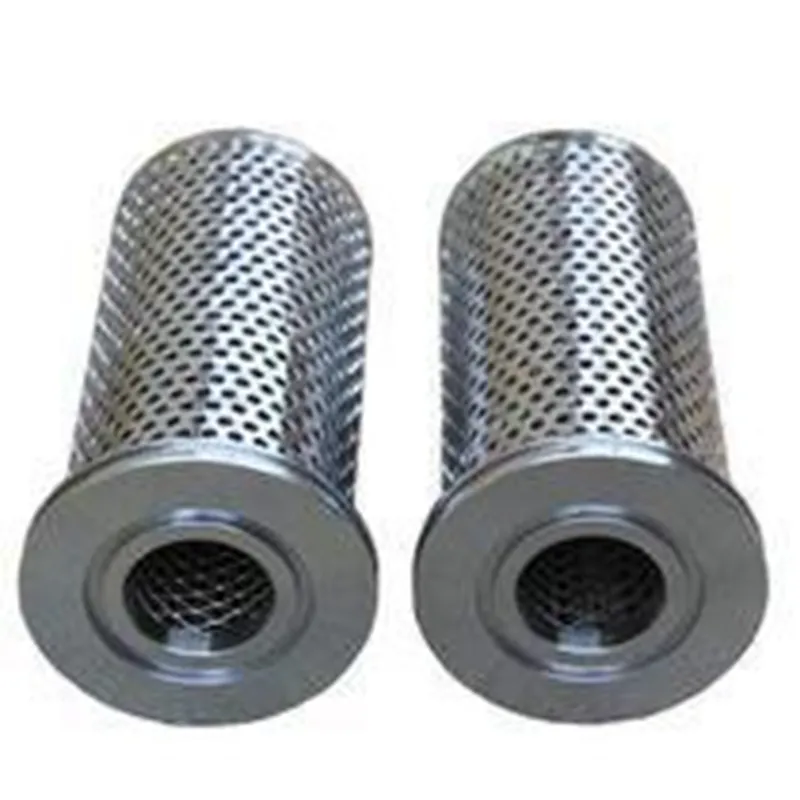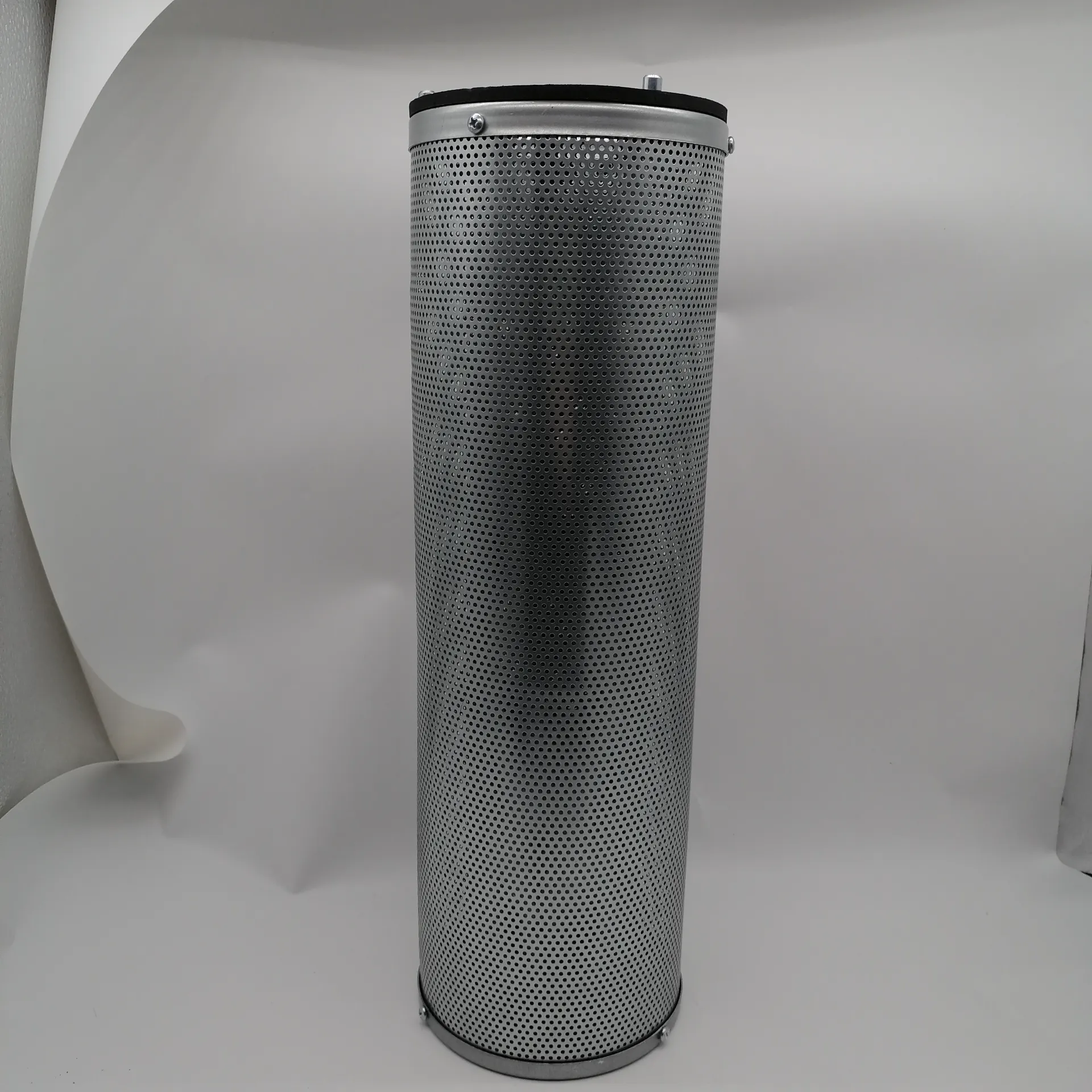 Tel:
+8618931101301
Tel:
+8618931101301
ديسمبر . 03, 2024 12:40 Back to list
gas turbine air intake filter
Gas Turbine Air Intake Filter Importance, Types, and Maintenance
Gas turbines play a pivotal role in various industries, powering everything from electricity generation to aviation. These machines are highly efficient and reliable, but their performance is significantly influenced by the quality of the air they intake. Hence, the air intake filter is a critical component in ensuring optimal operation of gas turbines.
Importance of Air Intake Filters
The primary function of an air intake filter in a gas turbine is to prevent contaminants such as dust, dirt, and moisture from entering the turbine's combustion chamber. These pollutants can cause significant wear and tear on turbine components, leading to reduced efficiency, increased maintenance costs, and even unexpected failures. By ensuring that the air entering the turbine is clean, the filters help to maintain performance, prolong the life of the equipment, and reduce the likelihood of unplanned outages.
In many industrial settings, particularly those near construction sites, deserts, or other dusty environments, the quality of air can be severely compromised. In such cases, effective air filtration is paramount. A well-functioning air intake filter contributes to a more efficient combustion process, ensuring that the gas turbine can generate the maximum amount of power with minimal fuel consumption. This not only supports environmental goals by reducing emissions but also enhances the economic efficiency of operations.
Types of Air Intake Filters
There are several types of air intake filters used in gas turbines, each designed to suit specific operational conditions and requirements
.1. Panel Filters These are among the most common types of filters used in gas turbines. Made from pleated synthetic media, panel filters are designed to capture larger particles and prevent them from damaging the turbine. They are typically used in environments with moderate levels of airborne contaminants.
gas turbine air intake filter
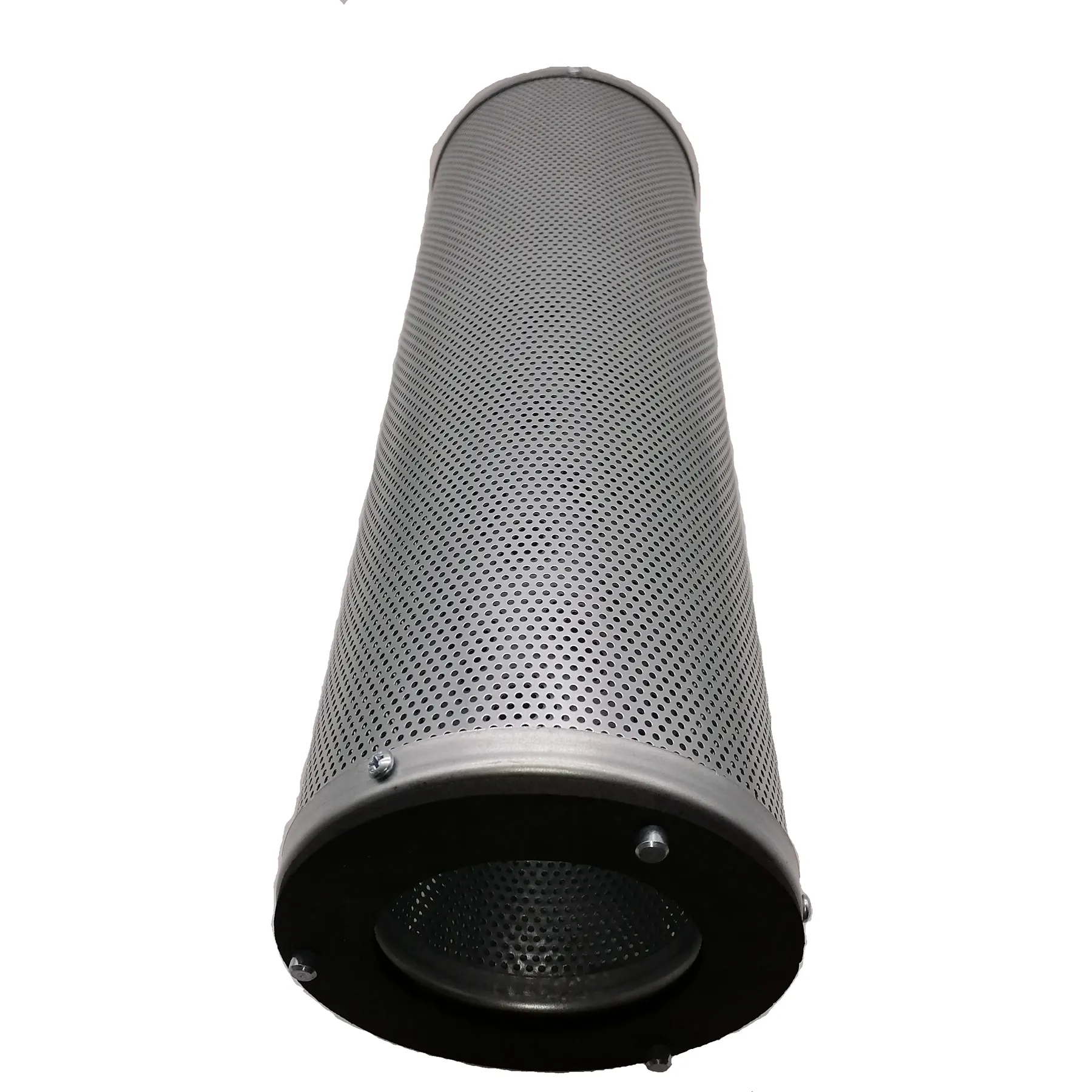
2. Bag Filters Bag filters offer a larger surface area than panel filters, enabling them to capture smaller particles. They are effective in more polluted environments and are commonly found in industrial applications where dust and particulate matter levels are high.
3. V-bank Filters Designed with a V-shaped configuration, these filters maximize the filtration surface area while maintaining a compact design. V-bank filters are highly efficient at removing airborne particles and are suitable for harsh conditions where superior filtration performance is required.
4. Cyclonic Filters Utilizing centrifugal force, cyclonic filters separate heavier particles from the air stream before they can reach the standard filters. These filters are often employed in applications where large amounts of dust and particulates are present.
5. HEPA Filters High-Efficiency Particulate Air (HEPA) filters are designed to trap a minimum of 99.97% of particles that are 0.3 microns or larger. They are employed in situations requiring the highest level of air purity and are often used in sensitive environments like hospitals and laboratories.
Maintenance of Air Intake Filters
Regular maintenance of air intake filters is essential to ensure their continued effectiveness. The frequency of maintenance will depend on the operating environment and the type of filter used. In dusty or polluted areas, filters may require replacement or cleaning more often.
Monitoring pressure drops across the filter can provide insights into its condition. An increasing pressure drop indicates that the filter is becoming clogged and may need servicing. Additionally, following the manufacturer's guidelines for replacement and maintenance schedules can greatly enhance the lifespan and performance of the filters.
In conclusion, the air intake filter is a vital component in the operation of gas turbines, directly impacting their efficiency, reliability, and maintenance costs. By understanding the importance of these filters, along with the various types available and the necessary maintenance practices, industries can ensure that their gas turbines operate at peak performance, minimizing downtime and maximizing productivity. Implementing a robust air filtration strategy not only protects the turbine but also supports broader environmental and economic goals.
-
The impact of different filter materials on air filter performanceNewsMay.12,2025
-
The "weight" secret of activated carbon filter: the heavier the better?NewsMay.09,2025
-
Why is coconut shell activated carbon the preferred material for high-end filter elements?NewsMay.08,2025
-
5 maintenance tips to extend the life of dust filter elementsNewsMay.07,2025
-
Why does the air filter affect the power of the car?NewsMay.06,2025
-
When should the dust filter be replaced?NewsApr.30,2025

 Email:
Email:
